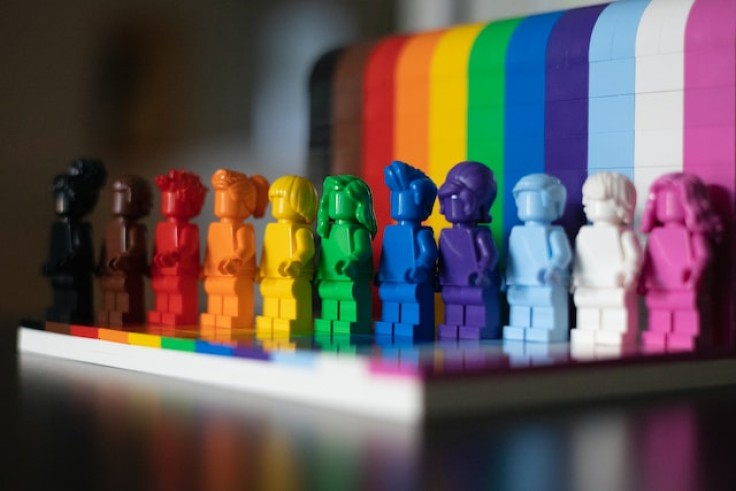
In a monumental decision that has resonated throughout Hong Kong and beyond, the Hong Kong Court of Appeal took a firm stance on Tuesday. They unequivocally upheld the rights of same-sex married couples, categorically stating that any denial of public housing rights to these couples was "discriminatory in nature." This latest judgment is only one of the many significant legal strides that LGBTQ+ advocates in Hong Kong have been able to celebrate this year, showcasing the territory's progressive shift.
The Roots of the Appeal
The background of this legal tussle finds its roots in the Hong Kong government's resistance to two previous rulings handed down by the High Court. These previous rulings had pointedly labeled the city's housing authority's practice of barring same-sex couples, particularly those who had undertaken marriage ceremonies overseas, from accessing public housing as an "unconstitutional and unlawful" act.
Delving deeper into the appeal, it was centered around two particularly poignant cases. In the first, a man, a permanent resident of Hong Kong, found his request to rent a public flat alongside his husband denied. The housing authority justified this by stating that their marriage, which took place in Canada, lacked recognition in Hong Kong.
In a second, equally heartbreaking case, another same-sex couple faced the harsh reality of being denied joint ownership rights to a government-subsidized flat, all because their marriage in Britain wasn't acknowledged by Hong Kong's legal framework.
Taking the matter into their own hands, the Court of Appeal, spearheaded by the esteemed justices Jeremy Poon, Aarif Barma, and Thomas Au, provided a compelling written judgment. Their collective opinion held that the housing authority's treatment of gay married couples was not just biased but starkly discriminatory. The judges, drawing from legal precedent and basic human rights, stated that such couples should not be treated as second-class citizens but should be granted the same rights as their heterosexual counterparts.
In a particularly pointed statement, the judges remarked, "The differential treatment in these cases is not just discriminatory but is an even more pronounced form of indirect discrimination than seen in many other cases, primarily because the set criterion is one which same-sex couples can never hope to meet."
Other Noteworthy Judgments
The ripple effect of this ruling was evident on social media. Henry Li, a key figure in the second case, took to Facebook to share his joy and relief at the positive outcome. His sentiments were echoed by many others.
Moreover, the reputable rights organization, Hong Kong Marriage Equality, joined the chorus of approval. They released a statement that underlined that the decision unmistakably showcased that "discrimination and unequal treatment based on sexual orientation should be wholly eradicated from public policy decisions."
In another noteworthy case back in September, Hong Kong's apex court, while deciding against the legalization of same-sex marriage, did acknowledge the pressing needs of same-sex couples. They stressed the absolute necessity "for access to an alternative legal framework to cater to basic social requirements." The government now faces a two-year window to ideate and implement this alternative framework.
Additionally, in a September ruling, a Hong Kong court stood firmly by a married lesbian couple's viewpoint. The duo had posited that both partners should be rightfully acknowledged as parents for their child, born through the method of reciprocal IVF.
These pivotal moments in Hong Kong's legal history concerning LGBTQ+ rights are not just limited to its boundaries. They are being scrutinized and studied by activists across Asia. There is palpable hope that Hong Kong's forward-thinking judgments could potentially inspire and influence progressive reforms in neighboring nations.
